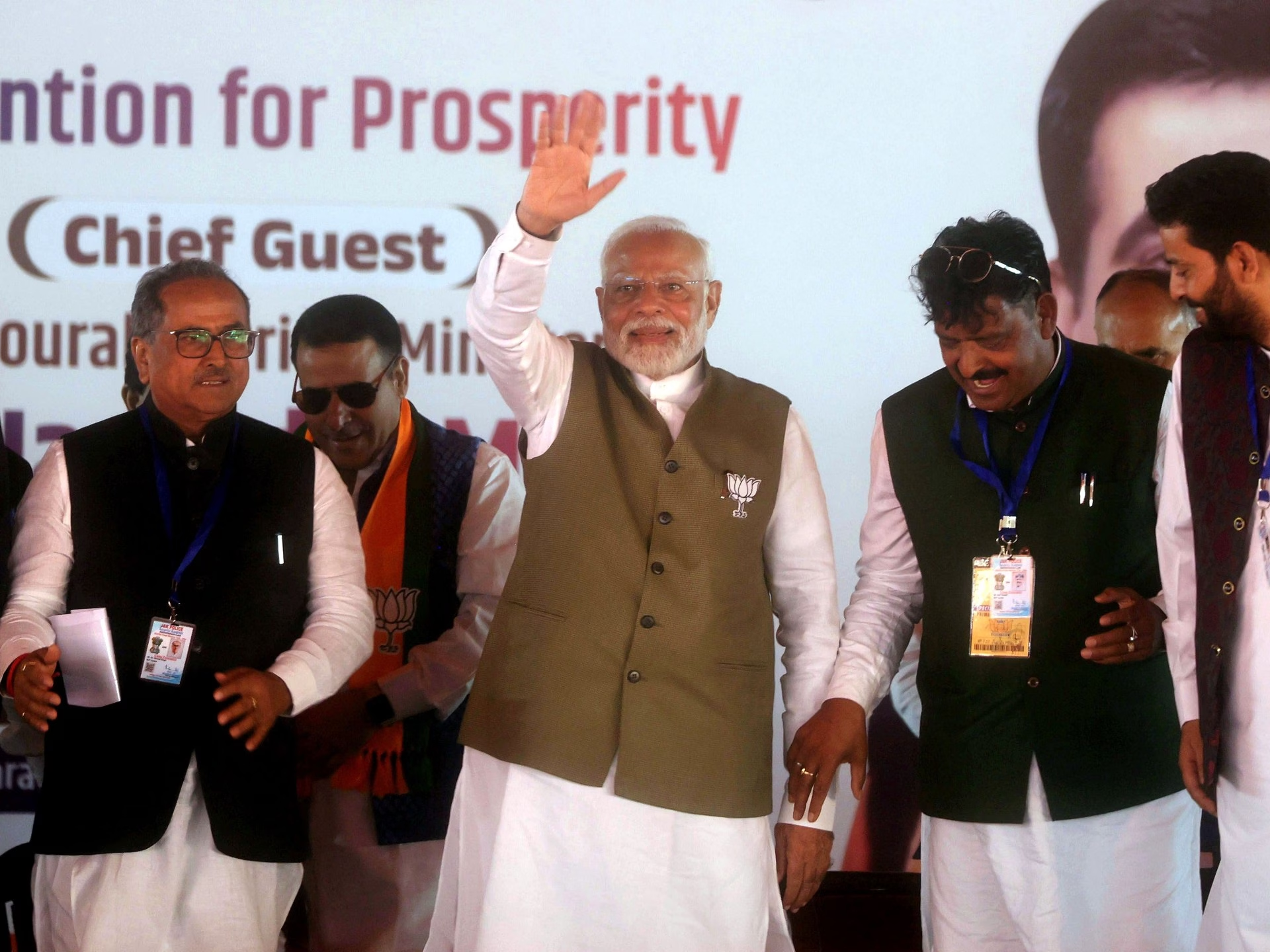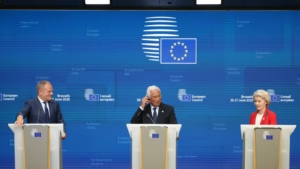Paras, currently a research fellow at the IIT, is investigating solutions to the global public health crisis caused by the spread of infectious diseases. The fellowship is funded by the INSPIRE scheme of India’s Department of Science and Technology (DST).
However, delays in the INISPREE’s payment have led to Paras being unable to make installments on the laptop he purchased for his research in 2022. His credit score plummeted, and his savings plans were ruined.
Paras’s parents, who are farmers in a drought-affected region of western India, have been facing income uncertainties due to often-failing harvests. As a result, Paras has resorted to borrowing money from friends, as per his recent statements to Al Jazeera.
Paras is not alone; nearly a dozen current and former fellows enrolled in top institutes across India under the Innovation in Science Pursuit for Inspired Research (INSPIRE) program have experienced similar issues, with some going up to nine months without a stipend.
The funding delays and procedural hiccups have marred the fellowship and impacted their research capacity, found Al Jazeera in its interactions with these scholars.
Many researchers have taken to social media to express their frustration, tagging the Indian Prime Minister Narendra Modi and the Minister of Science and Technology Jitendra Singh.
“For over a year now, many of us PhDs under DST-funded fellowships have not received our stipends,” said Sayali Atkare, an INSPIRE fellow, on LinkedIn. “This has pushed many young researchers into severe financial and emotional stress.”
India ranks 39th in the Global Innovation Index of 133 countries, an improvement from the prior year. This places it ahead of countries like Vietnam and the Philippines in terms of innovation, with China leading in upper-middle-income countries.
The government has said that India’s growing innovation potential has been bolstered by initiatives that prioritize technological advancement, ease of business, and entrepreneurship.
In April, Prime Minister Narendra Modi highlighted India’s growing research prowess, noting that over the past decade, the government has doubled spending on research and development and significantly increased the number of patent filings.
The Prime Minister also emphasized the numerous steps taken by the government to support talented individuals in advancing their careers.
However, an analysis of government documents, budgets, and interviews with researchers suggests that the government is focusing more on commercial research, particularly product development led by start-ups and big corporations. Funding for research at the country’s premier universities is lacking.
For instance, in the current financial year, 70 percent of the Science and Technology Department’s annual budget has been allocated to a scheme providing interest-free loans to private companies researching in areas like semiconductors.
At the same time, the government has made misleading statements regarding funds allocated to research institutes, including the INSPIRE fellowship, where funding has actually been reduced.
Researchers at some of India’s top institutes have been experiencing financial strains for months due to unpaid stipends.
Poor Pay, Funding Delays
The INSPIRE scheme aims to attract, retain, and nurture young scientific talent for strengthening R&D Foundation and base.
The fellowship is given to top-ranking students and doctoral researchers for research in areas from agriculture to nanotechnology.
PhD fellows are supposed to receive 37,000 to 42,000 rupees for living expenses and 20,000 annually for research costs.
Faculty fellows are offered teaching positions with higher monthly income and research grants.
Despite this, many fellows have gone unpaid for months, affecting their ability to attend important conferences and conduct research.
Time and again, the researchers have made calls and sent emails to government departments but mostly face unanswered or vague responses.
The government has acknowledged the funding delays and promised timely payments from June 2025 onwards, according to DST Secretary Abhay Karandikar.
However, there is a lack of transparency as there has been no official response to queries from media probing the status of the funds.
Sleepy Maths
In January, the government unified several R&D schemes into Vigyan Dhara or “the flow of science,” intending to improve fund utilization. However, the transition has caused delays in payments to INSPIRE fellows due to requirements for new bank accounts and unclear allocation of funds.
Despite stating a significant increase in budget allocation, the allocation for the constituent schemes of Vigyan Dhara decreased by nearly 22 percent in 2025-26 compared to the previous fiscal year.
Commercialisation of Research
At the same time, the government has allocated substantial funds for the Research, Development, and Innovation (RDI) scheme targeting the private sector. This is part of India’s push to become a “product nation,” curb brain drain, and secure more patents within the country.
While the Indian government is prioritizing commercial research, state-run organizations lack adequate funding support.
A leading scholar’s association president, Lal Chandra Vishwakarma, advocated for regular and adequate stipends akin to central government salaries and improved research conditions.
AS researchers face these challenges, many prefer to pursue opportunities abroad where the ease and quality of research are superior.
While the private sector receives substantial funding, researchers gloss over expenses to secure government projects, highlighting the difficulty of pursuing a research career without financial privilege in India.







